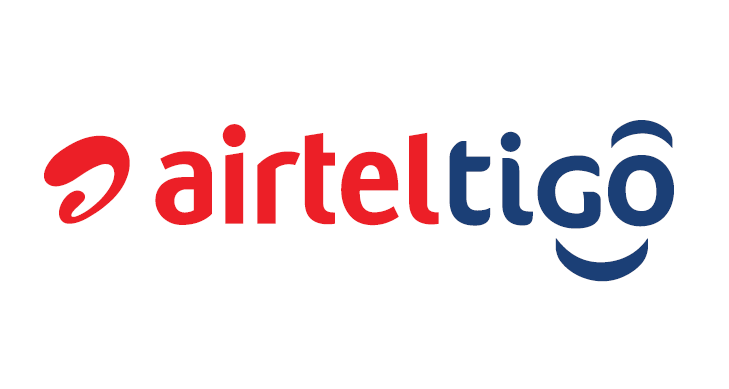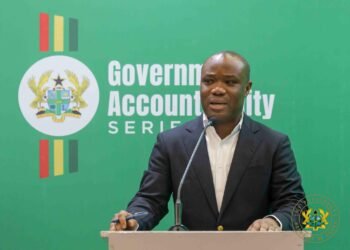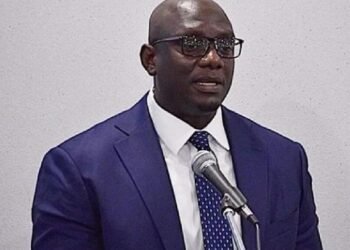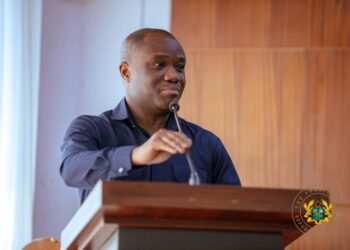IMANI Africa has laid bare the troubled journey of AT Ghana, formerly AirtelTigo, in its decade-long search for stability and a credible investor. What began as a promising merger to rival MTN has devolved into a revolving door of failed partnerships, inflated promises, and deepening financial distress.
From Hannam’s bold entry to Rektron’s stalled bid and Telecel’s emergency intervention, the story of AT Ghana is as much about investor credibility as it is about Ghana’s own governance of strategic assets.
“For nearly a decade, AirtelTigo (AT Ghana) has been the problem child of Ghana’s telecommunications sector.
“Once heralded as a competitive alternative to MTN, the company has instead become a revolving door for “strategic partners” – each promising salvation, each leaving behind deeper questions about credibility, financing, and the state’s stewardship of critical infrastructure”
IMANI Africa
In 2023, Hannam & Partners, a UK-based private equity firm led by a former British commando, arrived on Ghana’s telecom scene promising to revive AT Ghana with a $150 million acquisition deal. Facilitated by the Ministry of Communications, the agreement was sold to the public as a partnership that would modernize infrastructure and rescue the struggling operator.
But critics quickly raised questions about the deal’s transparency, arguing that the $150 million valuation – about $26 per subscriber – grossly undervalued a company of national significance. “The lesson was clear: confidence without credible capacity is no strategy,” IMANI Africa said.

Despite the fanfare, Hannam’s financing plan never materialized, and the deal collapsed within months. By the end of 2023, the company’s financial state had worsened, leaving taxpayers more exposed and stakeholders disillusioned by another hollow rescue.
The 2024 report from the State Interests and Governance Authority (SIGA) revealed just how dire AT Ghana’s finances had become. Losses before interest and tax ballooned to GHS 784.75 million, compared to GHS 288.58 million the year before. The company’s liabilities stood at GHS 2.71 billion, while its liquidity ratio of 0.06:1 rendered it practically insolvent.
Equity had been negative for three consecutive years, and operating cash flow collapsed entirely. IMANI Africa noted that AT Ghana had “no residual value for shareholders” and could not meet its short-term obligations. Without an external lifeline, it was no longer a going concern.
Rektron’s Shaky Promise, Telecel’s Cushion
In 2025, Canadian commodities trader Rektron Group stepped forward, promising a $150 million investment for a 60% stake in AT Ghana, along with a $1 billion commitment over five years. Initially hailed as a bold offer, the proposal began to unravel once financial analysts scrutinized Rektron’s balance sheet.
“Audited accounts from PKF LittleJohn showed that Rektron’s 2024 revenues stood at $2.5 billion but with a razor-thin gross profit margin of just 1.2%. The firm’s equity base was only $120.9 million, and it held cash reserves of just $3.3 million – far below AT Ghana’s debts.
“In short, Rektron’s promise of $1 billion was not backed by its own resources. Any acquisition would have required massive external financing, local partners like Afritel, and likely state guarantees”
IMANI Africa
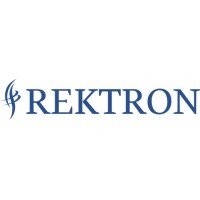
According to IMANI, the mismatch between ambition and capacity cast a long shadow over the deal. “Unsurprisingly, the acquisition has since stalled.”
As speculative bids faded, Telecel Ghana emerged as the quiet stabilizer. In August 2025, when AT Ghana’s network towers were shut down by ATC Ghana over unpaid debts, the National Communications Authority directed that AT’s customers be migrated onto Telecel’s network. The move allowed uninterrupted voice and data services across the country.
“This was not a flashy acquisition announcement,” IMANI Africa observed. “It was a practical cushion – a stopgap that kept the sector from collapsing.”
From September 1, Telecel began providing national roaming for AT customers, effectively cushioning the market from disruption. Though the Minister of Communications, Hon. Samuel Nartey George, denied any merger plans, Telecel’s role as an emergency operator positioned it as the natural consolidator of Ghana’s telecom sector.
With 30% state ownership, its operational intervention was the most credible move yet toward stabilizing competition against MTN.
IMANI Africa argued that the AT Ghana saga offers a broader lesson in governance.
Telecommunications, like utilities and extractives, cannot afford speculative or undercapitalized investors. The think tank recommended that Ghana insist on full disclosure of capital commitments, assess the liquidity of all prospective partners, and prioritize firms with operational credibility rather than glossy promises.
“The partner who cushions in crisis is often more valuable than the one who dazzles with billion-dollar pledges,” IMANI concluded.
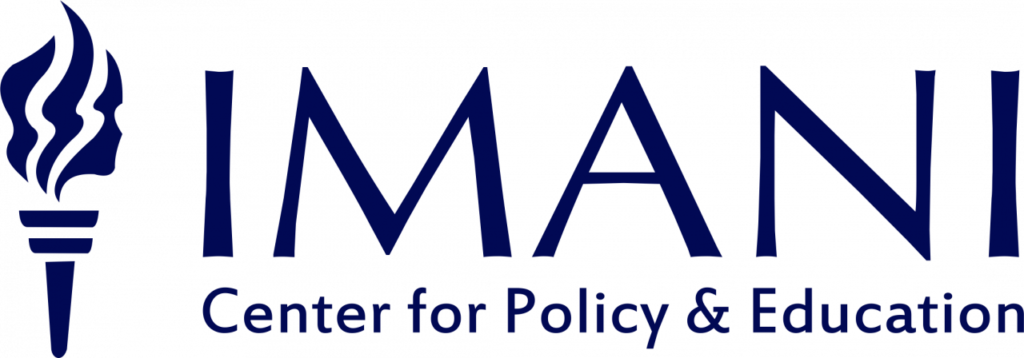
AT Ghana’s decline, from Hannam’s confidence to Rektron’s shade and Telecel’s cushion, underscores a national pattern – where flashy deals outpace due diligence and public assets become casualties of weak investor vetting.
The cost of repeating these mistakes, IMANI warned, goes beyond finances; it erodes public trust in the state’s ability to safeguard strategic sectors.
READ ALSO: Peace Accord Between Thailand, Cambodia Signed On ASEAN Summit Sidelines

